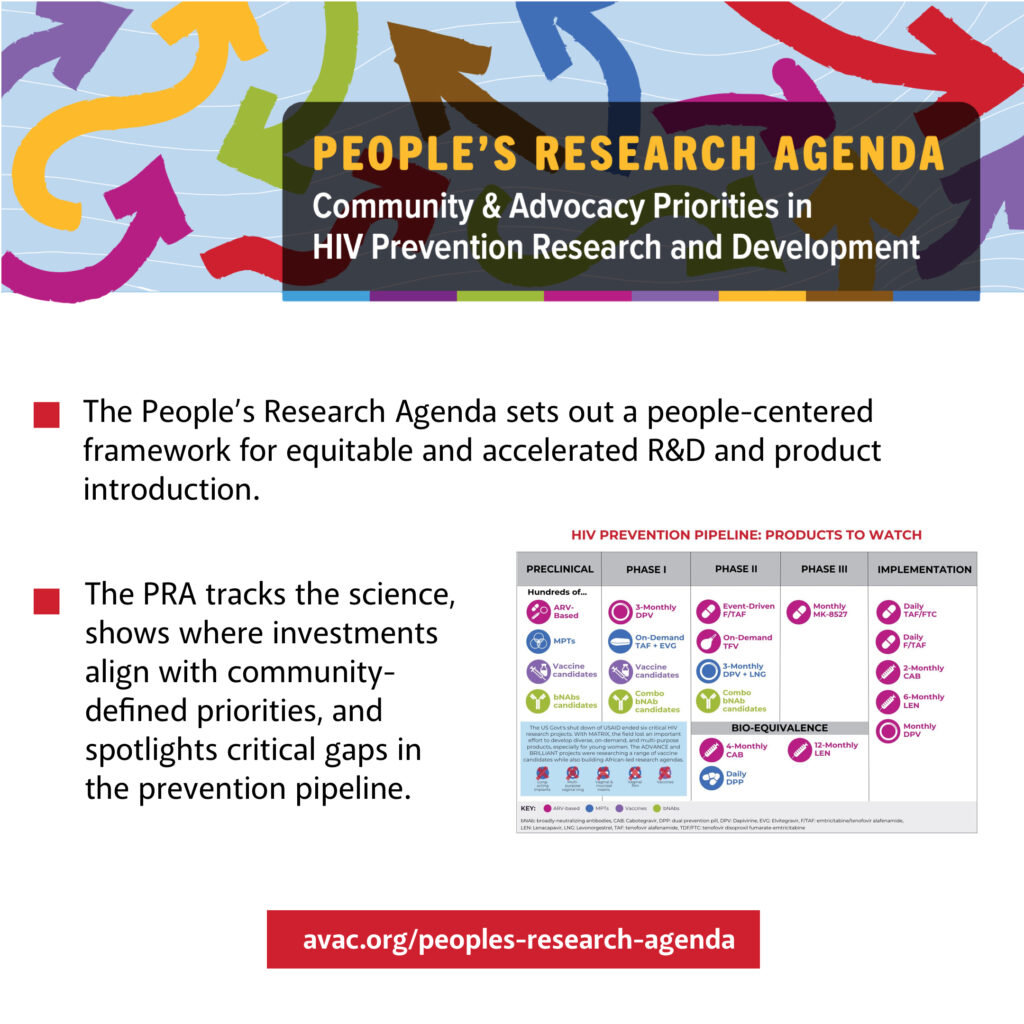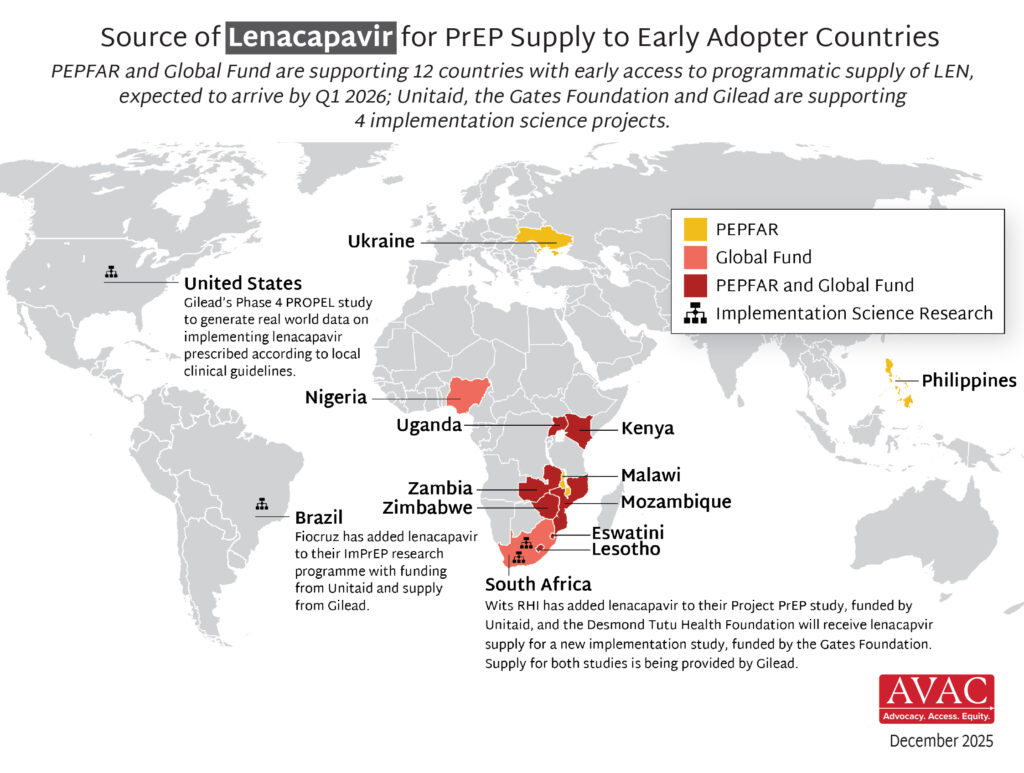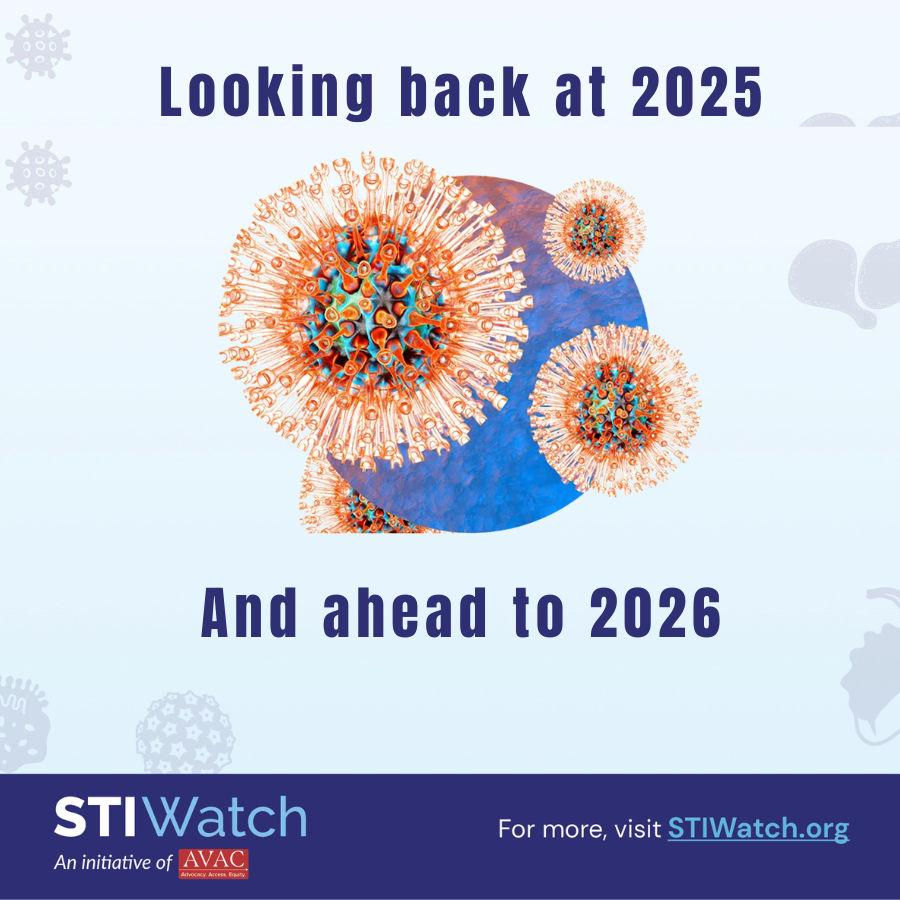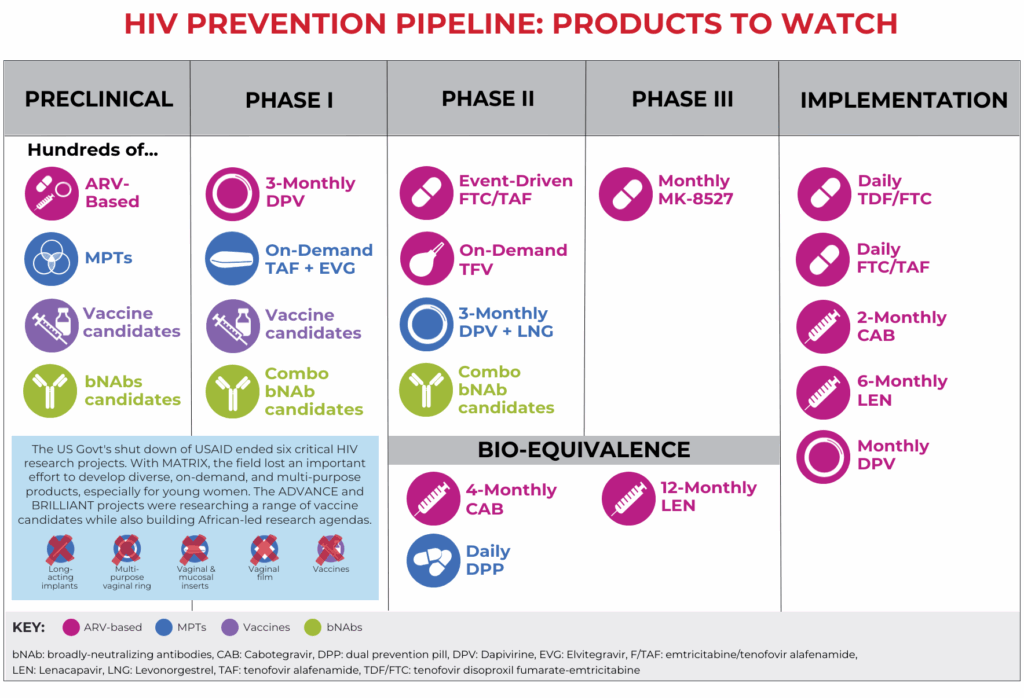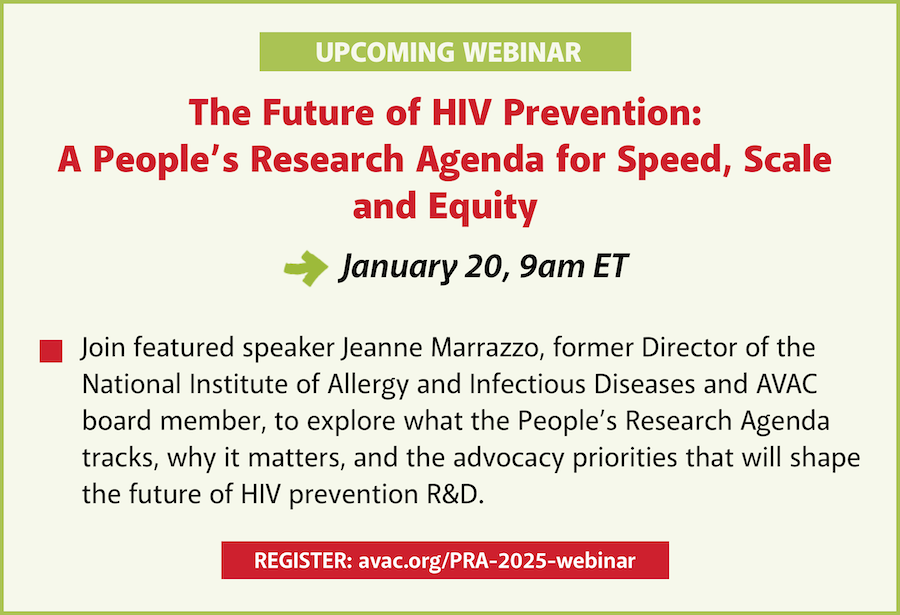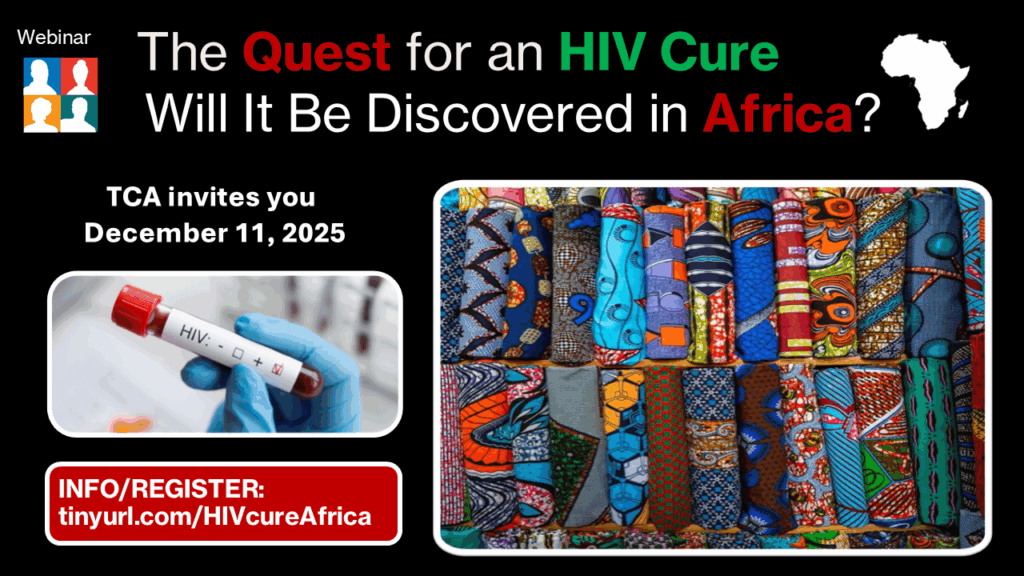As we look to the year ahead, we start by taking stock of the profound disruptions of 2025 and how the field responded. We have seen partners around the world persevere, despite threats and losses, and demonstrate remarkable leadership. We look forward to another year in solidarity with all of you, bringing unflinching determination to demand and defend an equitable and effective HIV response. The cause demands grit, adaptation, and vision.
With immense challenges and historic opportunities ahead, we are making resolutions for the new year and sharing resources to advance our collective work in the months to come.
Together with our partners, 2026 will be marked by our commitment to:
1. Rethink and rebuild an architecture for global health that insists on equity.
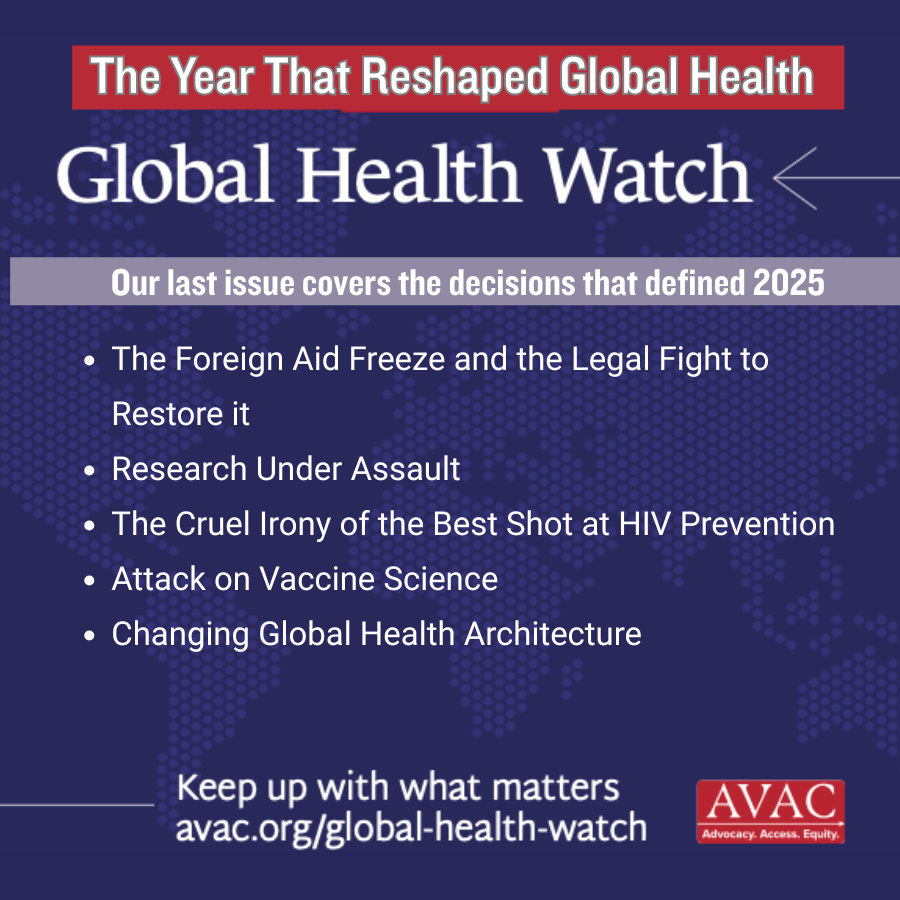
We launched Global Health Watch just as the new US Administration started its assault on foreign assistance and the HIV/AIDS response. This weekly newsletter breaks down critical developments in US policies and their impact on global health. Read the latest issue, and subscribe to get your weekly edition.
2. Amplify and drive the call for effective and equitable R&D with the People’s Research Agenda (PRA).

The 2025 update of the PRA is a people-centered framework to drive equitable and accelerated HIV prevention research and development (R&D) and product introduction. This update includes an expanded online dashboard for tracking, translating, and advocating for HIV prevention R&D.
3. Accelerate speed, scale and equity in access to long-acting PrEP.
This collection of resources to accelerate access to long-acting PrEP includes infographics, advocacy guides, reports and tools that draw on lessons from oral PrEP rollout to help get injectable lenacapavir for PrEP introduction right.

Also check out this dashboard tracking long-acting PrEP for a timely snapshot of the progress towards scale-up of all long-acting PrEP products. For more on the historic opportunity LEN for PrEP represents and the profound threats that must be overcome to fulfill its promise, check out our blog: The Future of HIV Prevention Depends on Speed, Scale and Equity.
4. Work in solidarity to champion science, evidence-based policies and investments in HIV research.
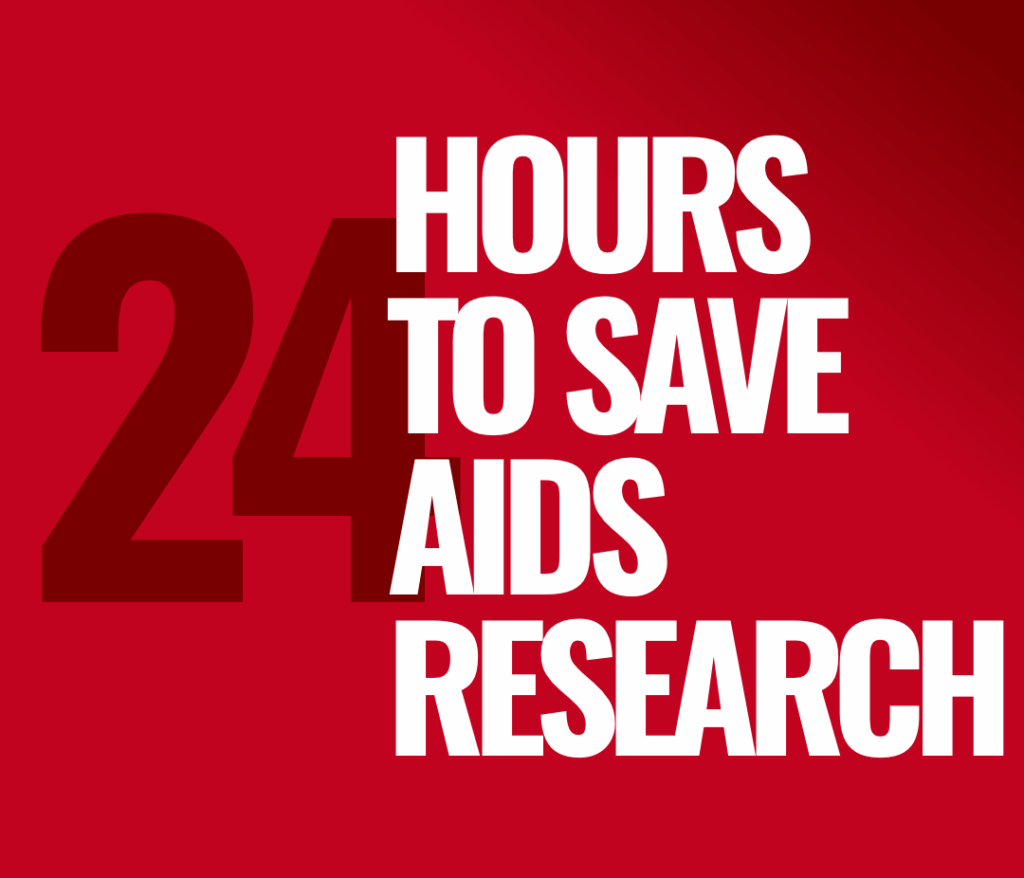
This 24-hour program features more than 70 scientists, researchers, and advocates from around the world who give first-hand accounts of the achievements and impact of decades of federal investments in HIV research, and what’s at stake if those investments are not sustained. View the recording here, available to stream in 1-hour segments.
5. Monitor, analyze, and document the impact of policies, programs, and investments.

AVAC tracks and documents the impact and consequences of the US administration’s attack on science and divestment from global health institutions.
- HIV Prevention R&D at Risk addresses the impact to HIV prevention research and development (R&D).
- Impact of PEPFAR Stop Work Orders provides a snapshot on the loss of access to PrEP from stop-work orders and contract terminations.
- Why STI Funding Matters tracks the global threat posed by defunding STI research and programming. And for more on advocates’ perspective on STI R&D, read Moving the STI Research, Development and Diagnostics Agenda Forward. Also, here are three questions advocates are asking and resources to support our collective work: Transforming HIV Prevention in 2025.
6. Empower the field with real-time updates that track and translate the pipeline of HIV prevention research, from basic science to product rollout.
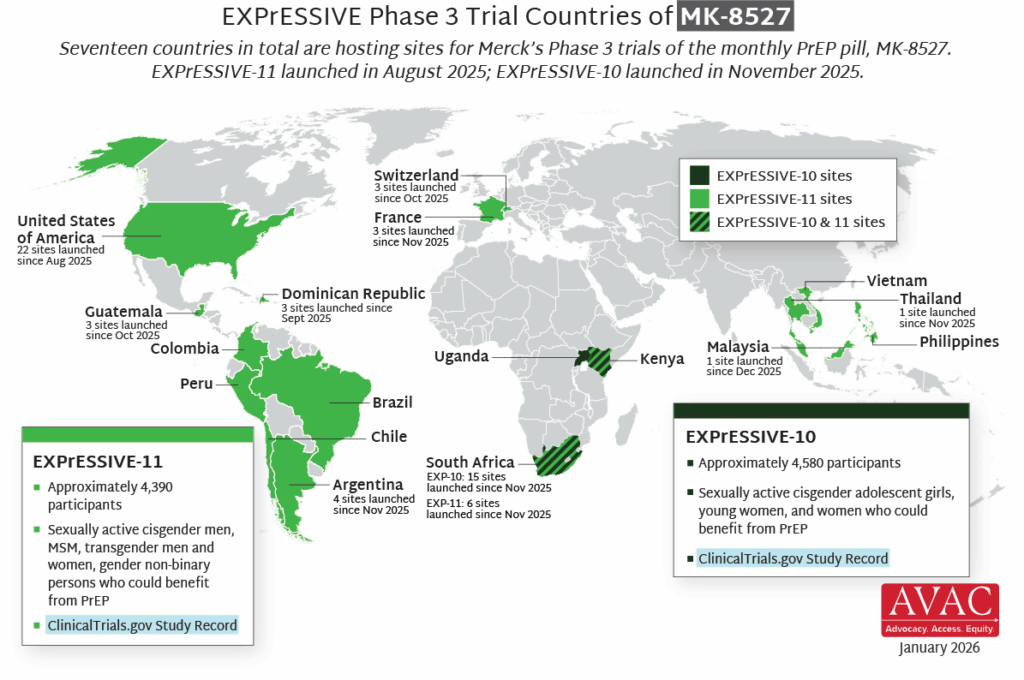
PxWire is AVAC’s quarterly update on developments, challenges and opportunities in biomedical HIV prevention research. The latest issue maps the status of delivering injectable cabotegravir for PrEP, funders and countries on track for early introduction of injectable LEN, and where the new Phase 3 EXPrESSIVE efficacy trials testing MK-8527 as a monthly pill for PrEP are taking place. For more on the trials, check out The EXPrESSIVE Trials Test a Monthly Pill for PrEP: Advocates speak.
We hope these resources fortify the vital work that must continue. The year ahead promises to be no less challenging, but together we can meet the moment with a bold agenda to bring HIV prevention and equity in global health to everyone who needs it.
